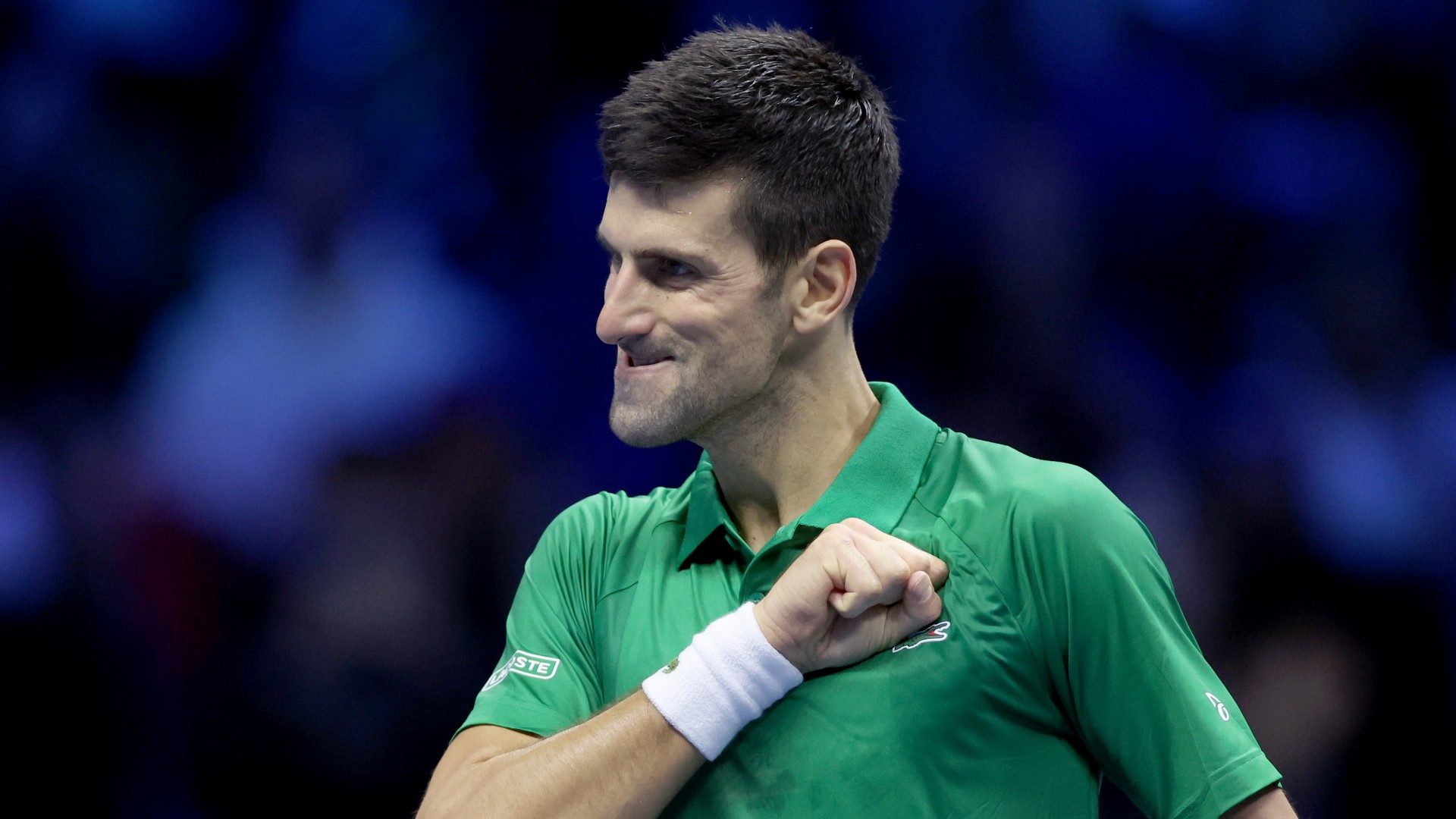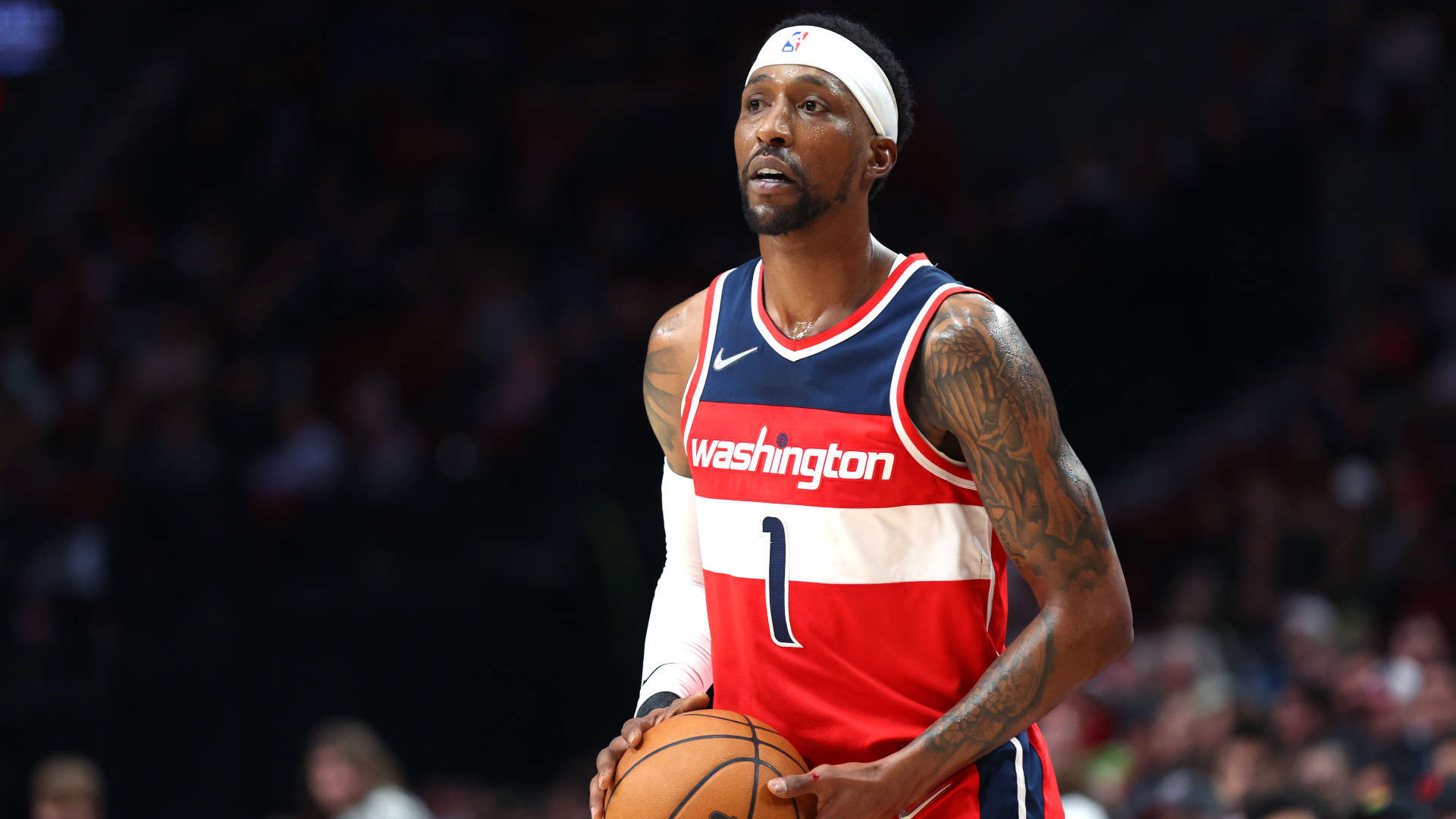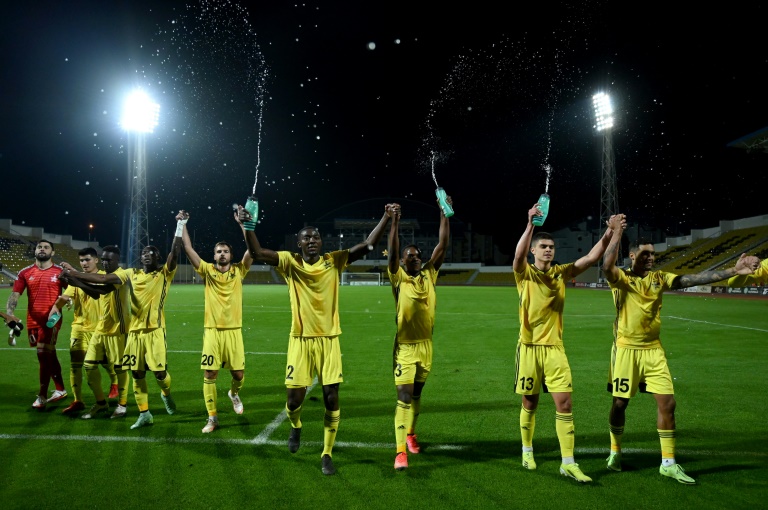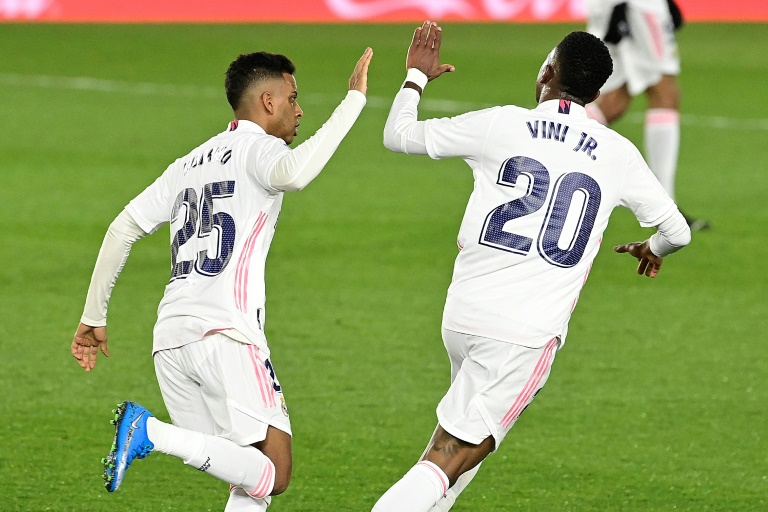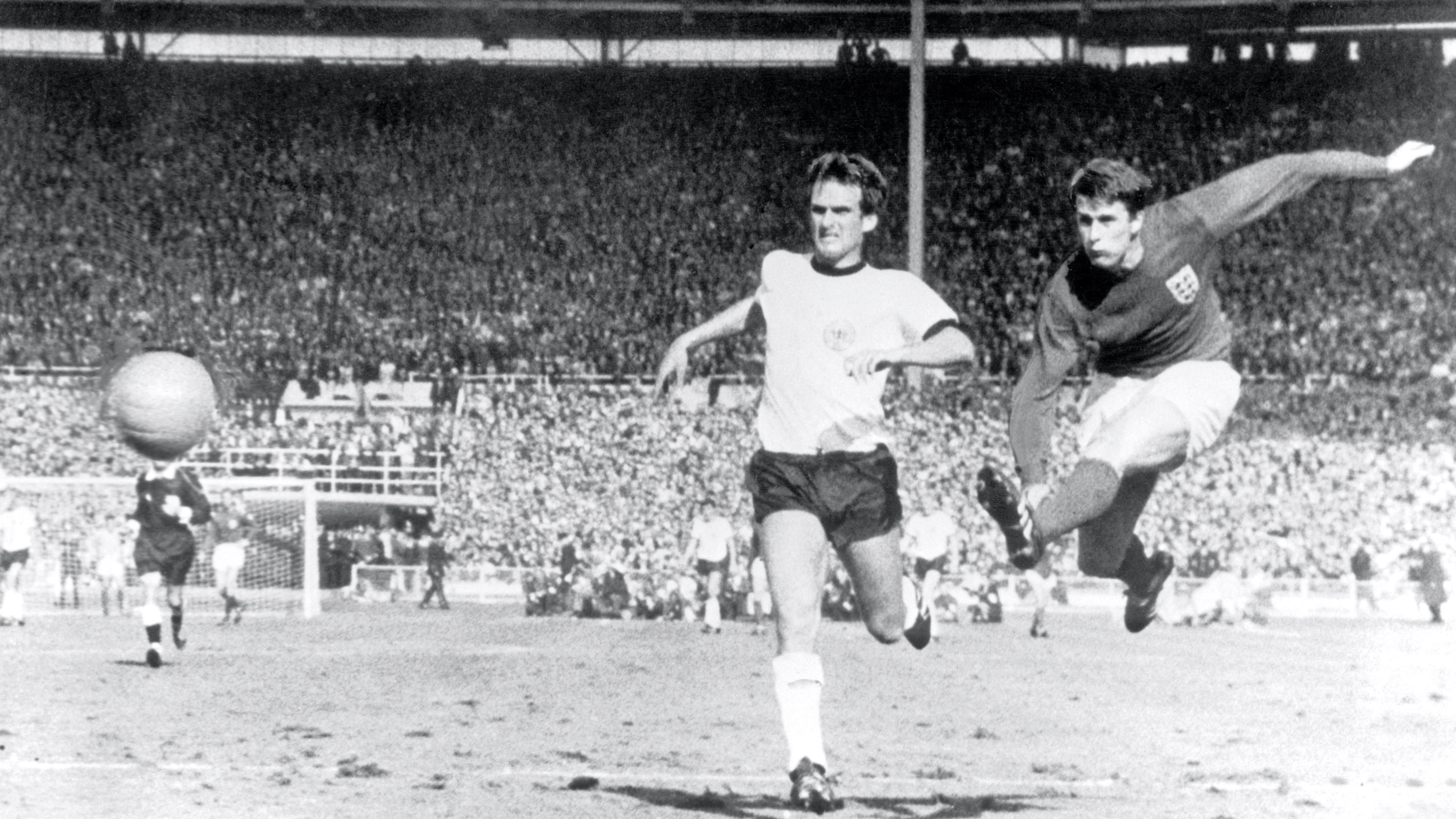
Goncalo Ramos has added his name to the distinguished list of players to have scored a World Cup hat-trick.
The Benfica striker, 21, stole the show as Portugal thrashed Switzerland 6-1, scoring the 53rd hat-trick in the history of the global showpiece.
It was the first treble netted during the knockout stages of the competition since Czechoslovakia’s Tomas Skuhravy scored with three headers against Costa Rica back in 1990.
We have taken a look back at the most memorable hat-tricks to be scored at the World Cup.
Cristiano Ronaldo — Portugal 3-3 Spain, 2018
At the 2018 event in Russia, Cristiano Ronaldo became the oldest player to have scored a World Cup hat-trick at 33 years and 130 days.
Portugal had a tough group match against Spain and Ronaldo delivered in a thrilling 3-3 draw, opening the scoring as he won and then converted a penalty after four minutes.
Ronaldo’s second came on the verge of half-time and he left the best until last, curling an 88th-minute free-kick into the net to complete the scoring.
Pele — Brazil 5-2 France, 1958
From the oldest hat-trick scorer, we move to the youngest and a man who is arguably the greatest World Cup legend of them all.
Pele was just 17 years and 244 days old when he struck three for Brazil in a 5-2 semi-final win against France at the 1958 World Cup in Sweden.
The precocious youngster had opened his World Cup account with the decisive goal in a 1-0 win over Wales in the quarter-finals and he would score two more in the final as Brazil beat the hosts 5-2.
It was the first of five World Cup wins for the Selecao, yet Pele’s treble against France remains the last time a Brazilian has scored a hat-trick at the tournament.
Oleg Salenko — Russia 6-1 Cameroon, 1994
Only one man has ever managed to become the tournament top scorer without even making it out of the group stage.
After Russia had lost their 1994 World Cup opener against Brazil, Oleg Salenko gave his team the lead in a match against Sweden that they eventually went down 3-1.
With two defeats, the Russians had nothing riding on their final group match against Cameroon. Yet no one seemed to tell Salenko, who scored five times to inspire his side to a 6-1 victory.
Salenko’s six goals were enough for him to finish as joint-top scorer alongside Bulgaria’s Hristo Stoichkov.
The five against Cameroon are the most goals ever scored by one player in a single World Cup match, with six players having scored four in one game.
Paolo Rossi — Italy 3-2 Brazil, 1982
This story starts two years before the 1982 World Cup, where Paolo Rossi would score a famous hat-trick against Brazil.
In 1980, the striker was caught up in the Totonero betting scandal and banned from playing for two years. He only returned to action with Juventus for the last three games of the 1981-82 season and was a controversial choice for Italy’s World Cup squad.
Rossi struggled to find his form before exploding into life against Brazil in the second group stage, as he scored a hat-trick against the side often labelled as the best to have not won the tournament.
Two more followed in the semi-finals against Poland and another in the 3-1 final win against West Germany to give Rossi the ultimate World Cup redemption story.
Not only was he a tournament winner, but he was also the top scorer and won the Golden Ball award for best player.
Geoff Hurst — England 4-2 (aet) West Germany, 1966
Where else could we end but with the only hat-trick scored in a World Cup final?
Geoff Hurst did not break into England’s 1966 World Cup side until the quarter-finals, when he replaced the injured Jimmy Greaves for the last-eight encounter with Argentina and scored the only goal in a 1-0 win.
The West Ham striker levelled the scores in the final against West Germany after Helmut Haller’s opener. Then with the match tied at 2-2 after 90 minutes and in extra-time, things got really interesting.
Hurst’s second goal hit the bar and either clearly bounced down over the line, or right on it, depending on whether you are English or German.
With his third there was no dispute at all, as Hurst settled the question of whether it was all over, to seal a 4-2 win for England.





